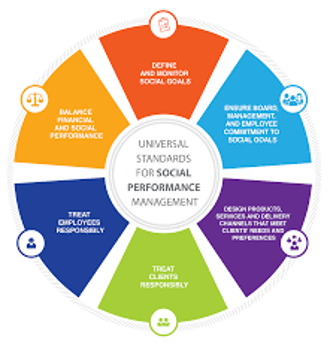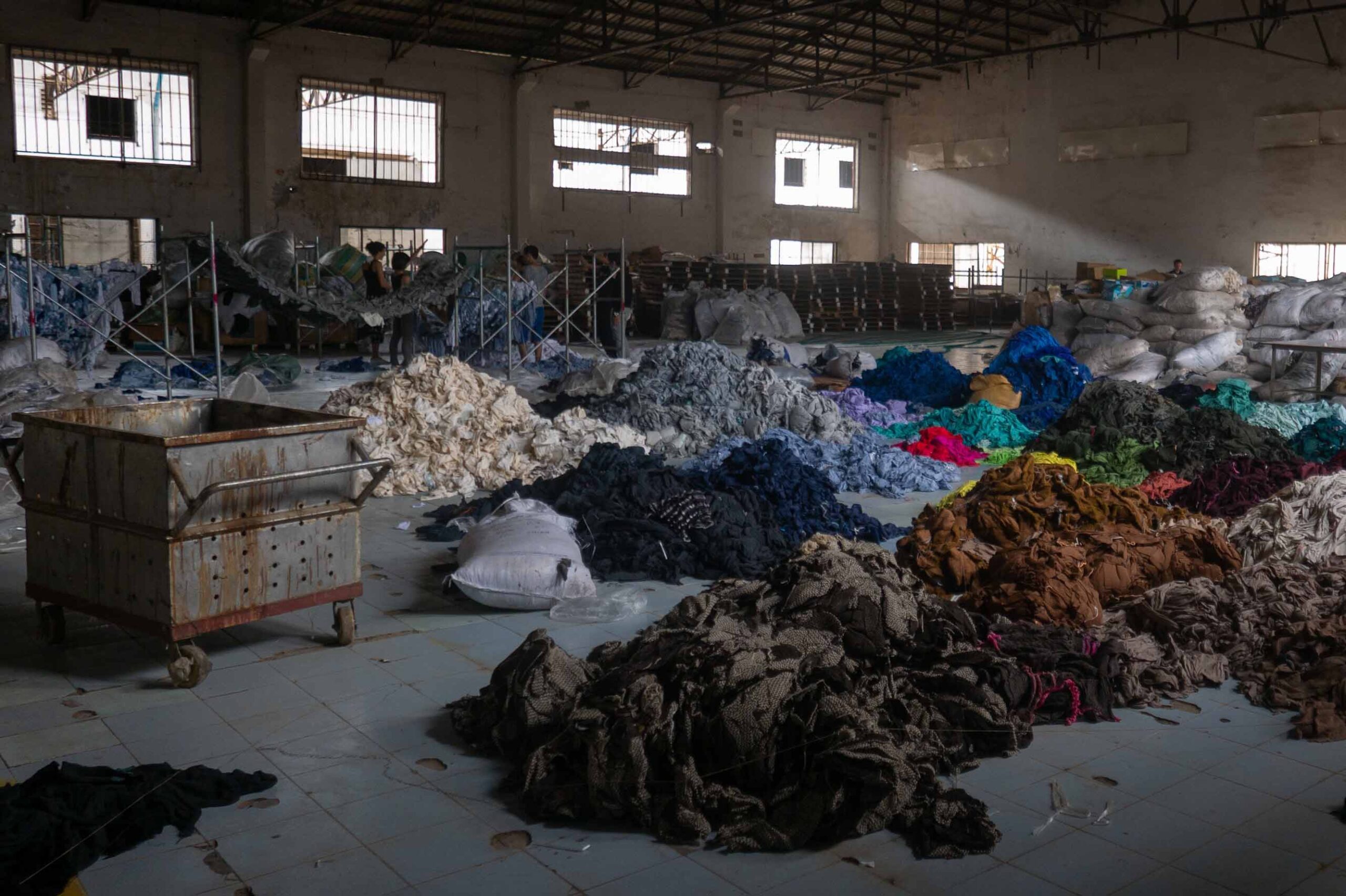With the SMART Campaign’s retirement in March 2021, a quick look back at the path travelled, and some thoughts on social performance. For a long time, the achievement of social impact was considered a given of microfinance activity: since people did not have access to financial products, the simple fact of providing it was already achieving the double-bottom line.
Then came 2007 and the microfinance world realised the horror stories that were thought marginal needed attention. After all, if people prefer to commit suicide than pay back loans, there’s a problem. If the poor are not getting any less poor, but the lenders are building mansions, there’s a problem.
A key output of those discussions was the SMART Campaign, an initiative by the Center for Financial Inclusion (CFI) to come up with some basic client protection principles (CPPs).
- Appropriate Product Design and Delivery
- Prevention of Over-indebtedness
- Transparency
- Responsible Pricing
- Fair and Respectful Treatment of Clients
- Privacy of Client Data
- Mechanisms for Complaint Resolution

The 7 principles the CFI came up withstood the test of time. 135 microfinance institutions were certified to respect the CPPs, expanding client protection to more than 60 million people. A battery of indicators were developed to verify compliance; compliance assessors and auditors were trained and certified to conduct the evaluations and deliver the certificates. MFIs were provided with tools to improve their processes. Compliance with the CPPs is now mainstream – while many institutions did not go through the rigorous certification process, many MFIs endorsed the Campaign and de facto applied its principles in their business. They will remain part of the GLS Microfinance Fund’s initial eligibility check[1] – there’s simply no reason to stop using them as a baseline. We should also be thankful to the SMART Campaign for providing legs to the movement towards improving social performance. While the SMART Campaign was launching, the International Finance Corporation (IFC) exclusion criteria were developed with the “avoid harm” principle in mind (and are also part of the GLS Fund’s eligibility check), providing synergy to both movements. The European Investment Bank (EIB) started to ask for social and environmental performance management systems (ESMS) to be put in place in their investees (and provided financing for TA to do so, to their credit), with the idea that achieving social performance required integrated systems within MFIs, just like improving risk management. Specialised microfinance rating agencies eagerly took on the job of providing independent
assessments of CPPs. They became main actors in SMART Certifications. Microfinance investment vehicles (MIVs), both mindful of reputation risk and interested in showing the impact they were having, set-up a variety of mechanisms to assess how their investees were delivering on the double-bottom line.
So, the SMART Campaign has run its course. This retirement, however, does not mean all is well and dandy in client protection (there are, and always will be, abusive practices). Other organisations which have a proven track record in social performance have gladly picked up the baton.
The Social Performance Task Force (SPTF) was set-up in 2005 by various stakeholders (MFIs, experts, investors, development finance institutions, etc.). Broader than CPPs, it came from the idea that social impact was about more than the number of people being served, nor the proportion of women. This was about employee satisfaction. Defining (and monitoring) social goals. Getting senior managers and board members on to the ship. Because social performance is about more than just doing good – it’s good business. CERISE was founded in 1998 as a non-profit organisation to further knowledge exchanges around microfinance, and particularly how to improve monitoring of social impact. The organisation has overtime provided numerous tools to collect, analyse and report on data in social performance, and increasingly in environmental impact assessment. The two organisations took up the mission of keeping alive client protection certification processes. To date, they have jointly audited the client certification processes of several rating agencies, who will continue to provide certifications going forward.

Client protection is but one aspect of the double-bottom line, albeit a vital one for the sustainability of the sector. The SPTF’s Universal Standards for Social Performance Management (USSPM) include all CPPs, but aim at broader effects. Leveraging the experience of the different actors, CERISE in turn has developed the SPI for the purposes of social audit and social performance assessment conducted by investors. It can be undertaken by MFIs themselves, can be used by third parties and by auditors. I encourage all MFIs to use the SPI, and use it regularly to both assess how much they are incorporating social performance in their processes, how well they are achieving social impact, and where they can improve going forward. Using SPI forces an institution to properly consider what they are trying to do, and plan how to do it better. SPI improves transparency, as it requires data from financial results, operations, audit, HR, IT, and brings it all together for a “final” result. The result is actually never “final”, it is always a “work in progress”.
A lot of ground has been covered since the CFI launched the SMART Campaign. Looking forward, the sector should take stock of the multiple initiatives, tools, processes, concepts, … that have flourished, and look towards consolidating gains. With so many discussions in the wider financial world around ESG taxonomy, with so many initiatives bringing more confusion than clarity, the tiny world of microfinance has already cleared a lot of brush. The land toiled is now much better prepared to deliver impact for people, planet, while delivering profits.
[1] The eligibility check is the first step of the Fund’s investment process. See the figure below for GLS’ loan cycle.













